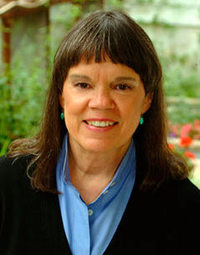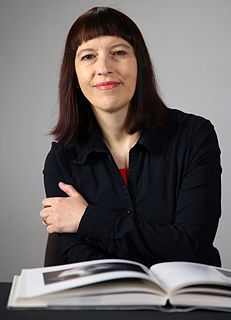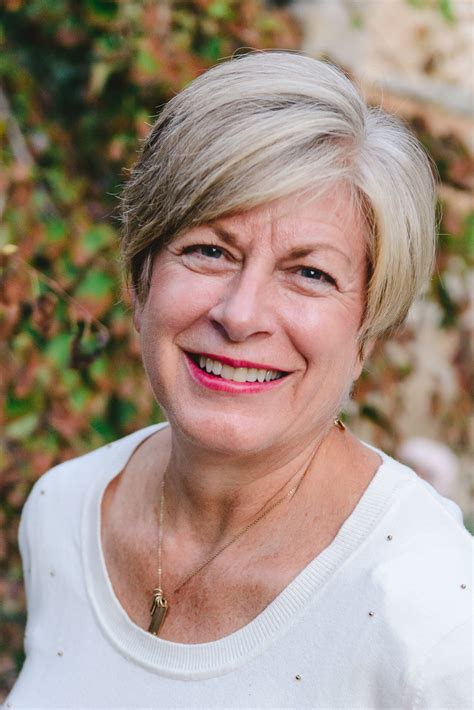A Quote by Gayle Tzemach Lemmon
Educated mothers are 50 percent more likely to immunize their children than mothers with no schooling.
Related Quotes
As important as the father is in the life of a child, even he must take second place to mother during the first three years of life.... Consequently, mothers actually have more to do with producing a predisposition toward homosexuality than fathers. Two kinds of mothers are particularly harmful - smother mothers and dominating mothers.
Both at-home and working mothers can overmeet their mothering responsibilities. In order to justify their jobs, working mothers can overnurture, overconnect with, and overschedule their children into activities and classes. Similarly, some at-home mothers,... can make at- home mothering into a bigger deal than it is, over stimulating, overeducating, and overwhelming their children with purposeful attention.
When our mothers are alive and healthy, they do extraordinary things... like the mothers of Plaza de Mayo, who marched in Argentinean plazas, defying the military junta dictatorship and demanding the whereabouts of their abducted children... or the Liberian mothers who faced down civil war armed only with T-shirts and courage.
Mothers who know do less. They permit less of what will not bear good fruit eternally. They allow less media in their homes, less distraction, less activity that draws their children away from their home. Mothers who know are willing to live on less and consume less of the world’s goods in order to spend more time with their children—more time eating together, more time working together, more time reading together, more time talking, laughing, singing, and exemplifying. These mothers choose carefully and do not try to choose it all.
Given Freudian assumptions about the nature of children and the biological predestination of mothers, it is unthinkable for mothers voluntarily to leave their babies in others' care, without guilt about the baby's well-being and a sense of self-deprivation. Mothers need their babies for their own mental health, and babies need their mothers for their mental health--a reciprocal and symbiotic relationship.
In a famous Middletown study of Muncie, Indiana, in 1924, mothers were asked to rank the qualities they most desire in their children. At the top of the list were conformity and strict obedience. More than fifty years later, when the Middletown survey was replicated, mothers placed autonomy and independence first. The healthiest parenting probably promotes a balance of these qualities in children.
Most of us in the baby-boom generation were raised by full-time mothers. Even as recently as 14 years ago, 6 out of 10 mothers with babies were staying at home. Today that is totally reversed. Does that mean we love our children less than our mothers loved us? No, but it certainly causes a lot of guilt trips.
Mothers Who Know Honor God They bring daughters in clean and ironed dresses with hair brushed to perfection; their sons wear white shirts and ties and have missionary haircuts. These mothers know they are going to sacrament meeting, where covenants are renewed. These mothers have made and honor temple covenants. They know that if they are not pointing their children to the temple, they are not pointing them toward desired eternal goals. These mothers have influence and power.
Mothers and fathers act in mostly similar ways toward their young children. Psychologists are still highlighting small differencesrather than the overwhelming similarities in parents' behaviors. I think this is a hangover from the 1950s re-emergence of father as a parent. He has to be special. The best summary of the evidence on mothers and fathers with their babies is that young children of both sexes, in most circumstances, like both parents equally well. Fathers, like mothers, are good parents first and gender representatives second.

































